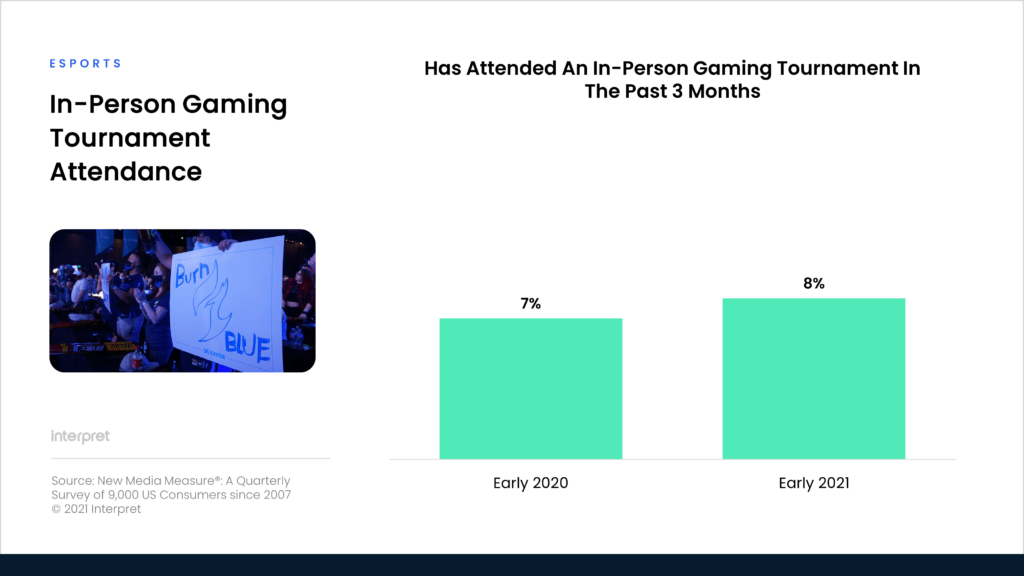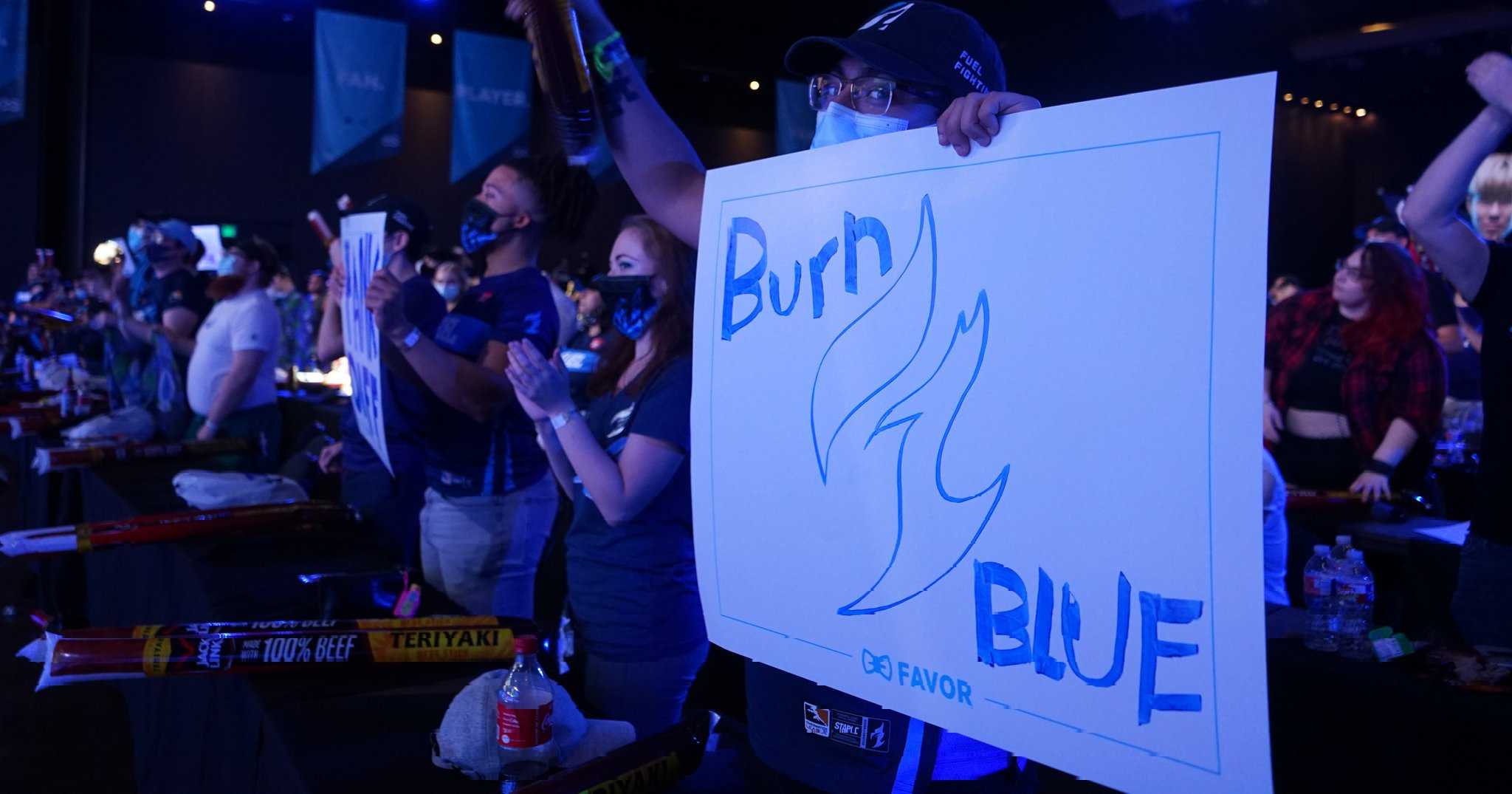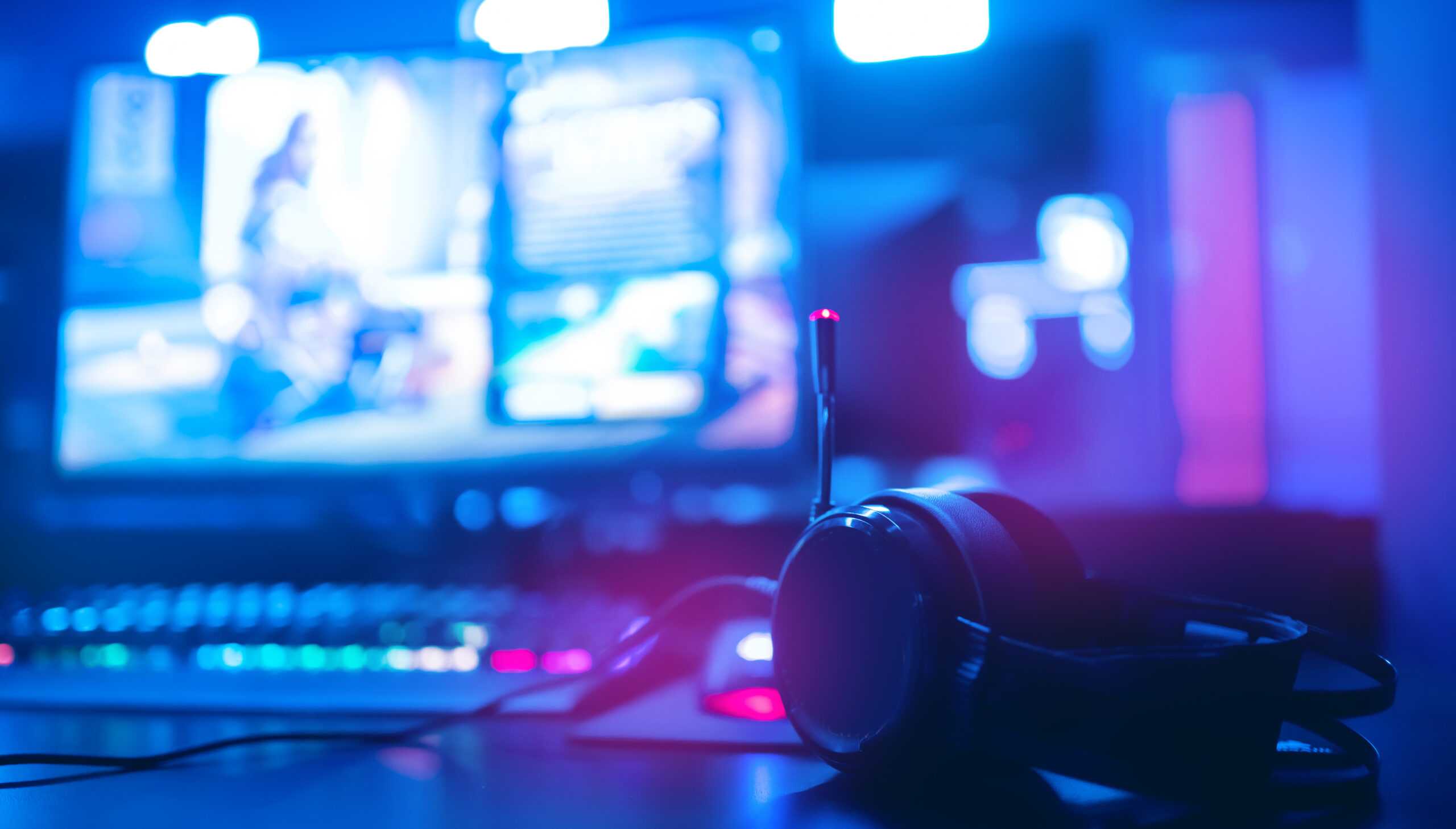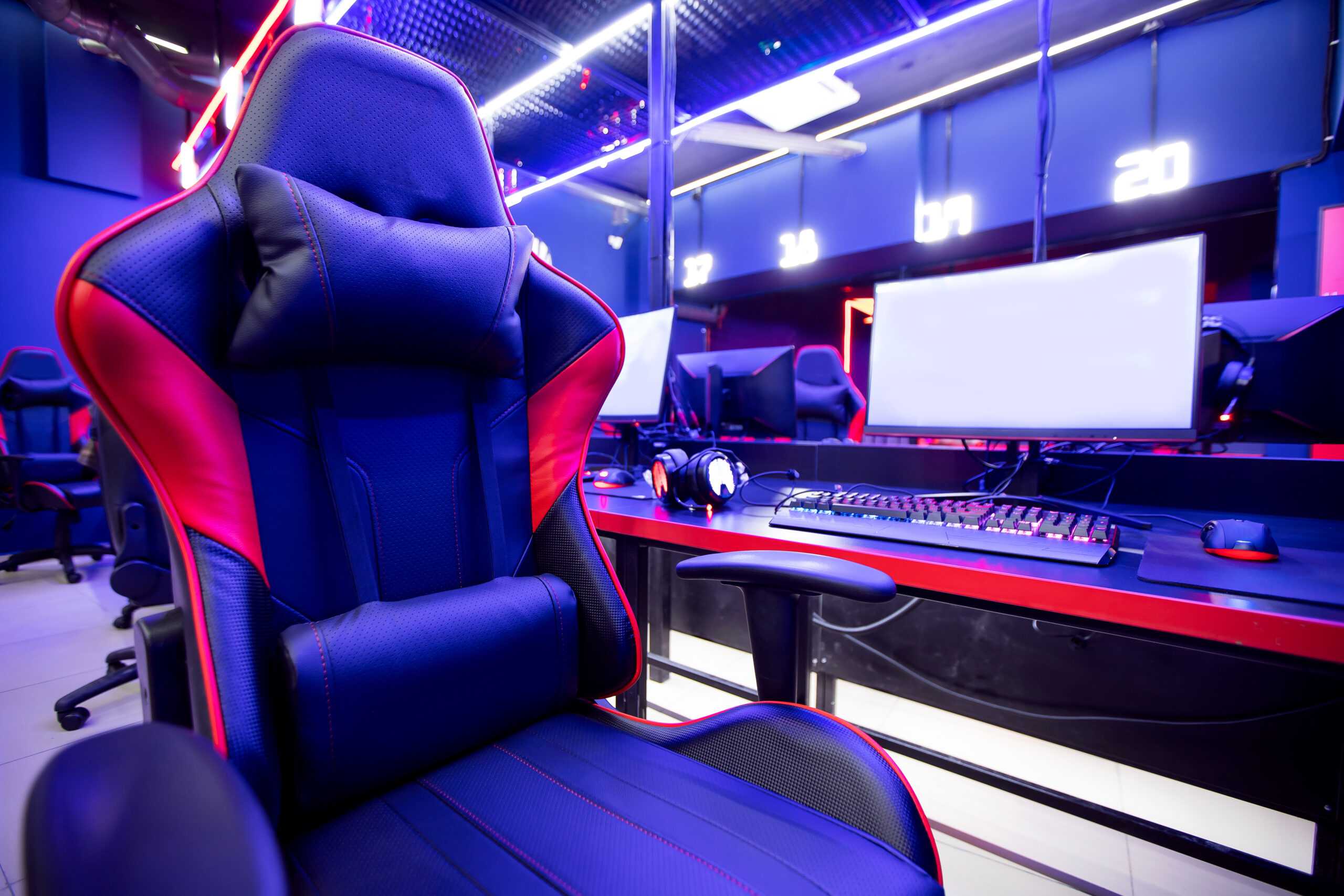While Esports Stadium Arlington welcomed fans back for the first time in over a year for an Overwatch League (OWL) matchup in July between the Houston Outlaws and Dallas Fuel, and OWL has been holding in-person competition in China, many esports leagues are being forced to weigh the risk of coronavirus spread against the loss of revenues from keeping fans out of events.
Thanks to the Delta variant surge, after beginning its LCS Championship with fans at the Prudential Center in Newark, NJ, Riot then shifted the final two matches to LCS Arena in LA, and fans at the Prudential Center were offered refunds. Riot is now operating the remainder of the regular LCS season remotely. Likewise, the ESL Pro League Season 14 will be held entirely online as COVID-related travel restrictions increase, and in China, Tencent recently canceled its Peacekeeper Elite World Championship. Activision is still allowing fans for Call of Duty League, but is now enforcing a mask mandate.
As the coronavirus continues to spread, even among fully vaccinated individuals, planning becomes incredibly challenging. Chris Greeley, Riot Games’ head of esports, remarked recently, “There’s no pandemic playbook, so it’s hard to start to put those contingency plans in place because there’s no known set of variables.” While Riot, ESL, and others are facing pent-up demand for in-person events, they also need to prioritize safety – not just for their fans, but for their staff and esports athletes. The last thing any esport company wants to deal with is the horrendous PR that would follow a superspreader coronavirus event.
Riot and other leading esports firms have proven over the last 12-18 months that they can survive with esports going online, but smaller leagues don’t necessarily have that luxury. Farming Simulator League, for example, announced that it would return to in-person competition in Germany. The good news for the esports industry, however, is that fans are eager to come back. Interpret’s Esports Replay™ shows that 8% of the US population had attended a tournament in the past three months in early 2021, similar to the 7% in early 2020, which reflects pre-pandemic behavior.







